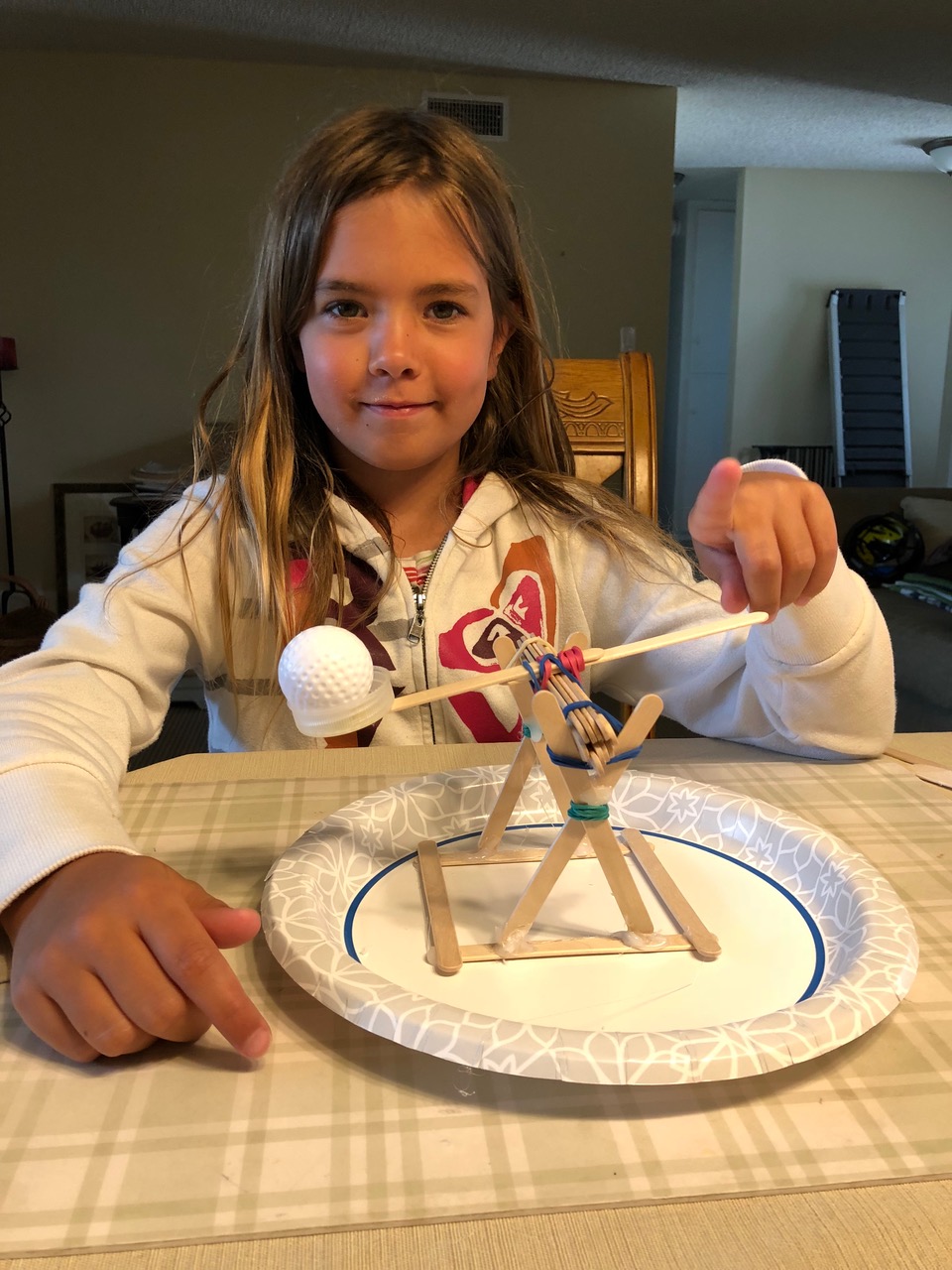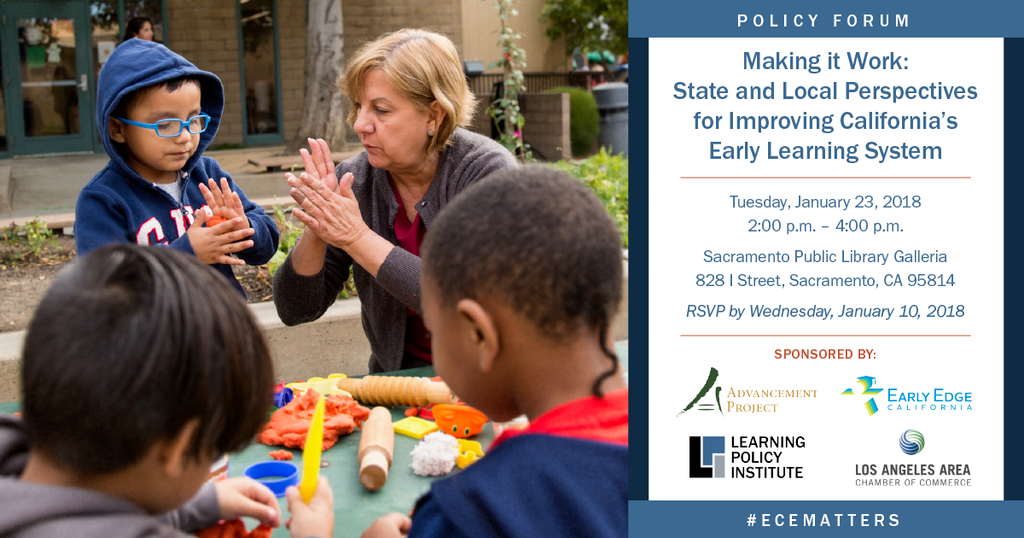

And we were only able to help a limited number of parents with our resources," she said, adding that the group had no funding for this. "We walked parents through that step by step, but the district did not put many resources toward tech proficiency training. They did this because many low-income parents had never accessed the technology before and in many cases didn't speak English, causing huge barriers to navigating the technology, SpeakUP spokesperson Jenny Hontz said.
Lausd early bird late bird how to#
Parent advocacy organization SpeakUp stepped in and conducted training for parents on how to use Zoom and other tech.
Lausd early bird late bird professional#
There remain questions about how the district determined which apps to purchase, including whether teachers, parents and students were involved in the decision-making and whether the district provided professional development to help teachers navigate these apps.īut several parents said they were left on their own to help their kids with their assignments at home using these tools. The agents helped families learn how to use tech and virtual apps. And resources were available for parents, including a hotline established to provide consultations with live agents. The spokesperson said professional development for the apps was offered to teachers.


The apps were also evaluated to determine whether they met California's curriculum standards and student data privacy policies. However, there needs to be a transparent process in place," said Tim Green, a professor of educational technology at California State University Fullerton.Īn LAUSD spokesperson said the district sought input from teachers and administrators, surveying more than 11,000 people to determine which apps were being used and preferred by educators.

"As an educational technologist, I am in favor of resources being spent on technology. But experts said in the speed in which the process took place what was often left unanswered was how the district chose educational apps. The district has not responded to inquiries from dot.LA about their process. One parent group gave its own training for parents to help their children connect to their online classes. While many of the edtech apps the district purchased helped students learn, some parents said others were boring and caused frustration. Included in that is $23.4 million in spending on several licenses for edtech apps like Edgenuity, Discovery, Rosetta Stone, Blackboard and Edpuzzle. More than half was spent on tech like laptops, tablets and hotspots and a lab to process COVID tests. Records obtained by dot.LA show the district spent $390 million in emergency funds for its COVID response from March 2020 to April 2021. Some were age inappropriate, being used for elementary age students who had a hard time navigating them.ĭot.LA spoke with a half a dozen parents and teachers about the district's effort to build thousands of virtual classrooms across the sprawling district. Parents complained of edtech apps that were hard to hear in some cases or ones that were so cumbersome their children avoided them altogether. In the sprint to remake education during the pandemic, Los Angeles Unified School District armed half a million students with internet and devices to stay connected, but experts and parents said that its efforts to teach online sometimes fell short and left students behind.


 0 kommentar(er)
0 kommentar(er)
